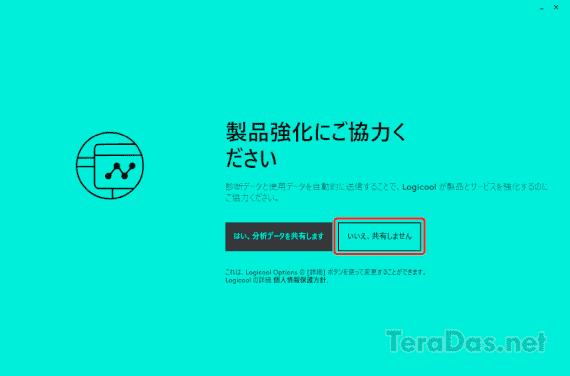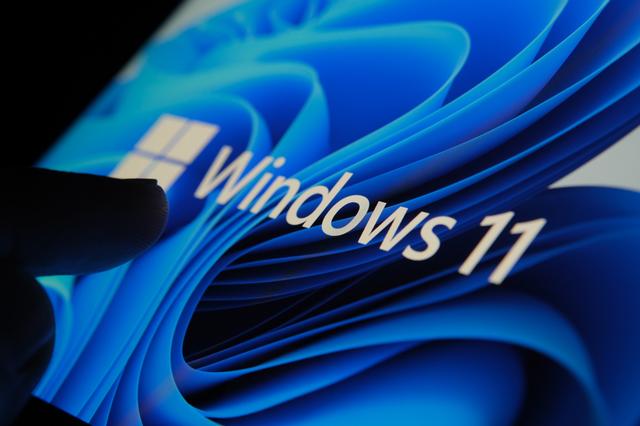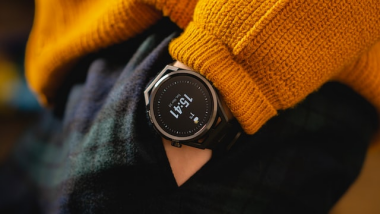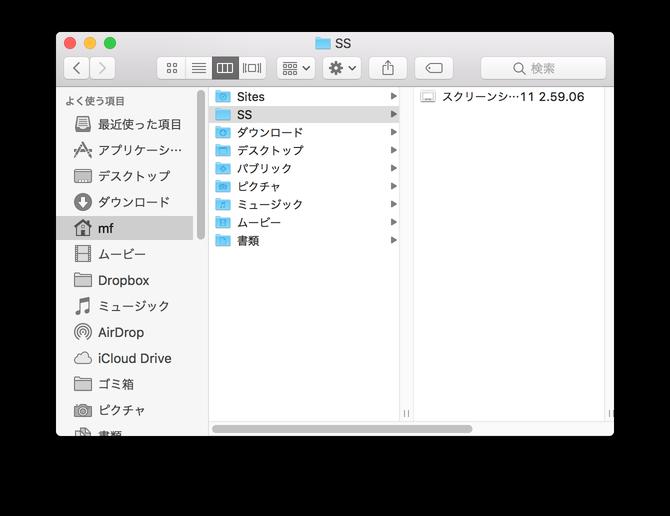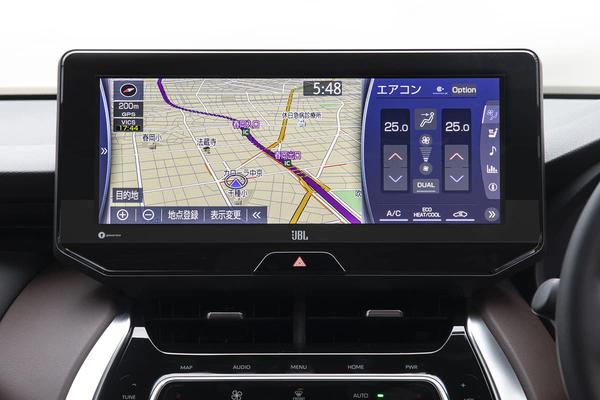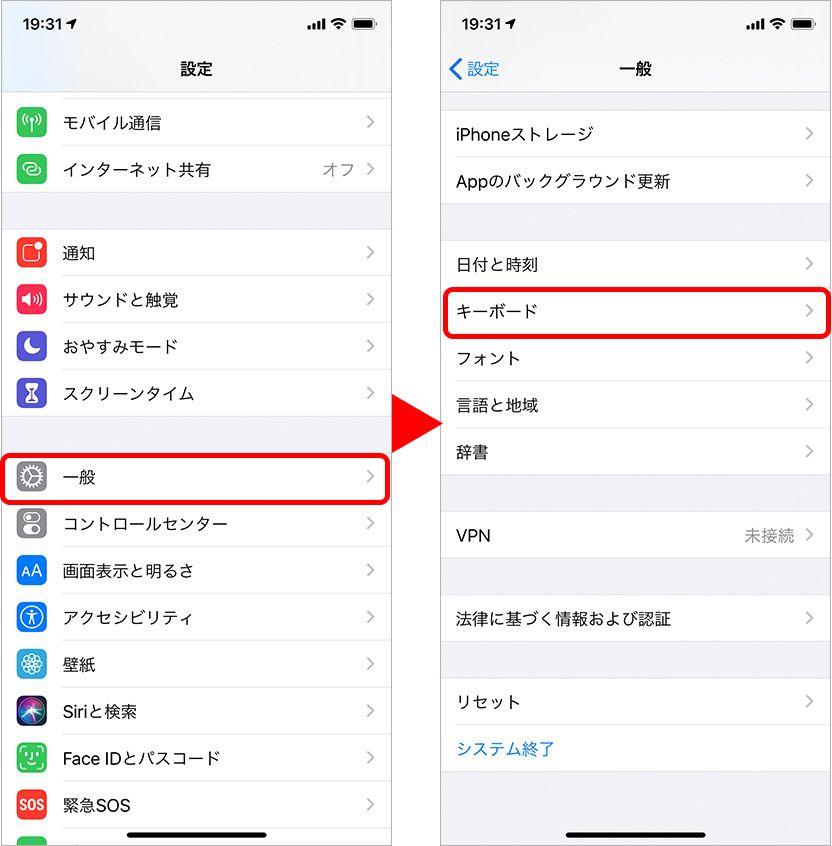What happens to current Fitbit and Galaxy Watch users with the new Wear OS?
Is it still early to rejoice?
Google has not only focused on the Android OS for smartphones, but has also provided Android Wear for smart watches from early on. Three years ago, it was rebranded to Wear OS, but the evaluation after that is not good. However, with the Tizen OS newly developed by Samsung and Fitbit acquired by Google, it has been announced that it will make a new evolution as a trinity. Is this good or bad? Here's a thought from GIZMODO's Victoria Song reporter.
In the first place, Wear OS had a dark future that no one could handle if we went on like this. The main reason for this was that Qualcomm's Snapdragon Wear chip was disappointing, and it was difficult to come up with an attractive new product. For example, Apple, Samsung, and Fitbit can equip their smartwatches with cellular communication capabilities, the latest health care and fitness performance, and specifications that keep the display on all the time, but with Wear OS. It wasn't until a long time ago that it was realized. It wasn't until this year that a Wear OS-equipped smartwatch with LTE communication function came out. It's no exaggeration to say that Wear OS was saved in partnership with Samsung.
Theoretically, it's likely to be a platform that brings happiness to all parties. Fitbit is relieved to find a new lineup of luxury smartwatches where unbranded cheap fitness trackers are now at a loss. Not to mention the valuable user healthcare information that Google gets from Fitbit, you'll get the hardware manufacturing experience of your smartwatch to date. Samsung had a problem with poor third-party compatible apps, but it seems to be solved. Google, on the other hand, will have a great Tizen OS in their hands. Android users don't have to hold their fingers and look at the Apple Watch enviously. Everyone is happy and happy ~.
For even more chaotic development?
Looking at the new Wear OS emulation currently running in Android Studio Beta, it looks pretty promising. Performance will be faster than the current Wear OS, battery life will be extended, LTE communication function and excellent healthcare performance will be realized. However, that is a natural requirement for today's smartwatches, isn't it? What's more, the big hurdles to overcome are still standing up.

In the first place, can big brands Google, Samsung, and Fitbit create a platform that integrates smoothly in a trinity? In other words, every manufacturer still has a large number of users who are already using the company's products.
Samsung has announced on its official blog that current Galaxy Watch users will continue to receive software support for three years after the product launches. Users of the "Galaxy Watch 3", which has just been released, are relieved for the time being. However, "Galaxy Watch Active" and "Galaxy Watch Active 2" mean that by the time the new Wear OS comes out, the support deadline of 3 years after its release will be reached. Are the original Galaxy Watch users no longer subject to truncation? Is there a way for these users to continue using the product with an upgrade? Also, when will third-party developers who have provided various apps for Tizen OS give up on current Galaxy Watch users?
Even Google hasn't revealed a response to current Wear OS smartwatch users in the first place. When asked if the product could be upgraded to a new Wear OS, a Google spokeswoman said, "Everything can only be answered after the new Wear OS is available." Even if it's possible to upgrade, isn't it just a discouragement to buy the current Wear OS smartwatch? Moreover, as with Android smartphones, no matter how aggressive Google is in upgrading, it is expected that it will take longer for manufacturers to launch. The new platform for the Snapdragon Wear 4100 chip is now available, but we can hardly hear about the launch of the onboard product. Under the current situation, this situation is likely to continue, isn't it?
Regarding Fitbit, what will happen to the current Sense and Versa model smartwatches? Again, it is not clearly shown. However, the Fitbit smartwatch uses its own Fitbit OS based on RTOS, so you can't expect to offer an upgrade as much as a smartwatch with Samsung's Tizen OS. But does that mean that the Fitbit OS will soon be discontinued?
Is it okay for Google and Samsung to join hands?
Now, the three companies are also developing services under their own brands such as "Samsung Pay," "Google Pay," and "Fitbit Pay." How would a user who is just starting out with Fitbit Pay feel if the service is discontinued in less than a year? In addition to Samsung Pay, Samsung and others are independently developing "Samsung Health" for healthcare and "Bixby" for AI assistant, including smart watches.
Of course, it wouldn't be technically impossible to integrate the services of the three companies anyway. However, until now, there haven't been many talks about the integration of smartwatch platforms like this. If anything, the flagship Galaxy Watch users are now the target for getting into Samsung's smartphone ecosystem, but maybe that's just changing. From the user's point of view, is it really nice to be able to use "Google Assistant" on the Galaxy Watch instead of Bixby?
What to do with your existing assets? It may be a temporary problem. With the new Wear OS in place, Fitbit, Samsung, and anyone else buying Wear OS-powered products should have no problems. However, truncating the current user can lead to a big mistake. If this is the case, there is a good chance that the flow of switching to the Apple Watch will become a big swell. In that sense, it's possible to think that Wear OS, which will be released this fall, has been given the last chance to recover from the past misfortunes.
Source: Samsung
